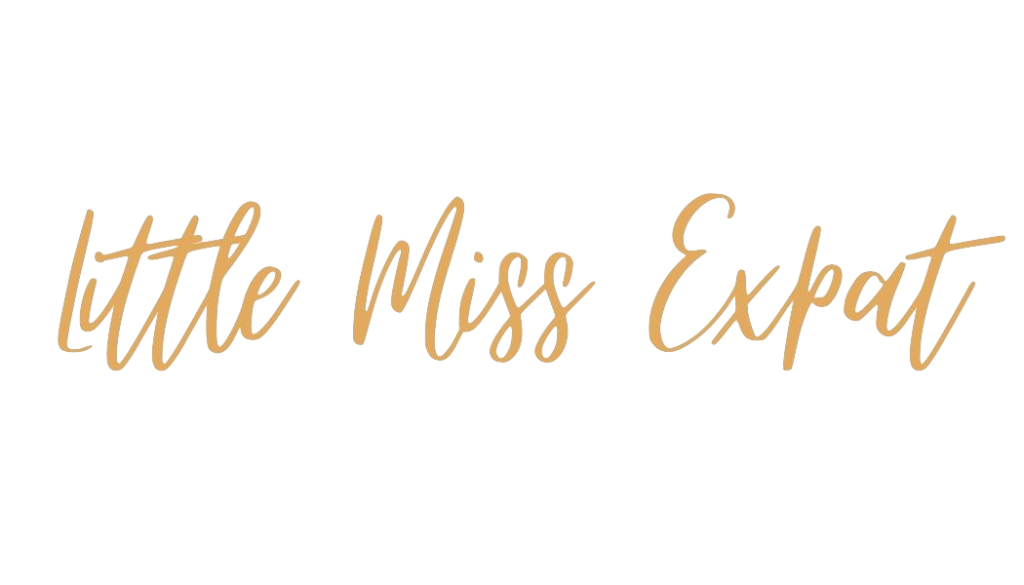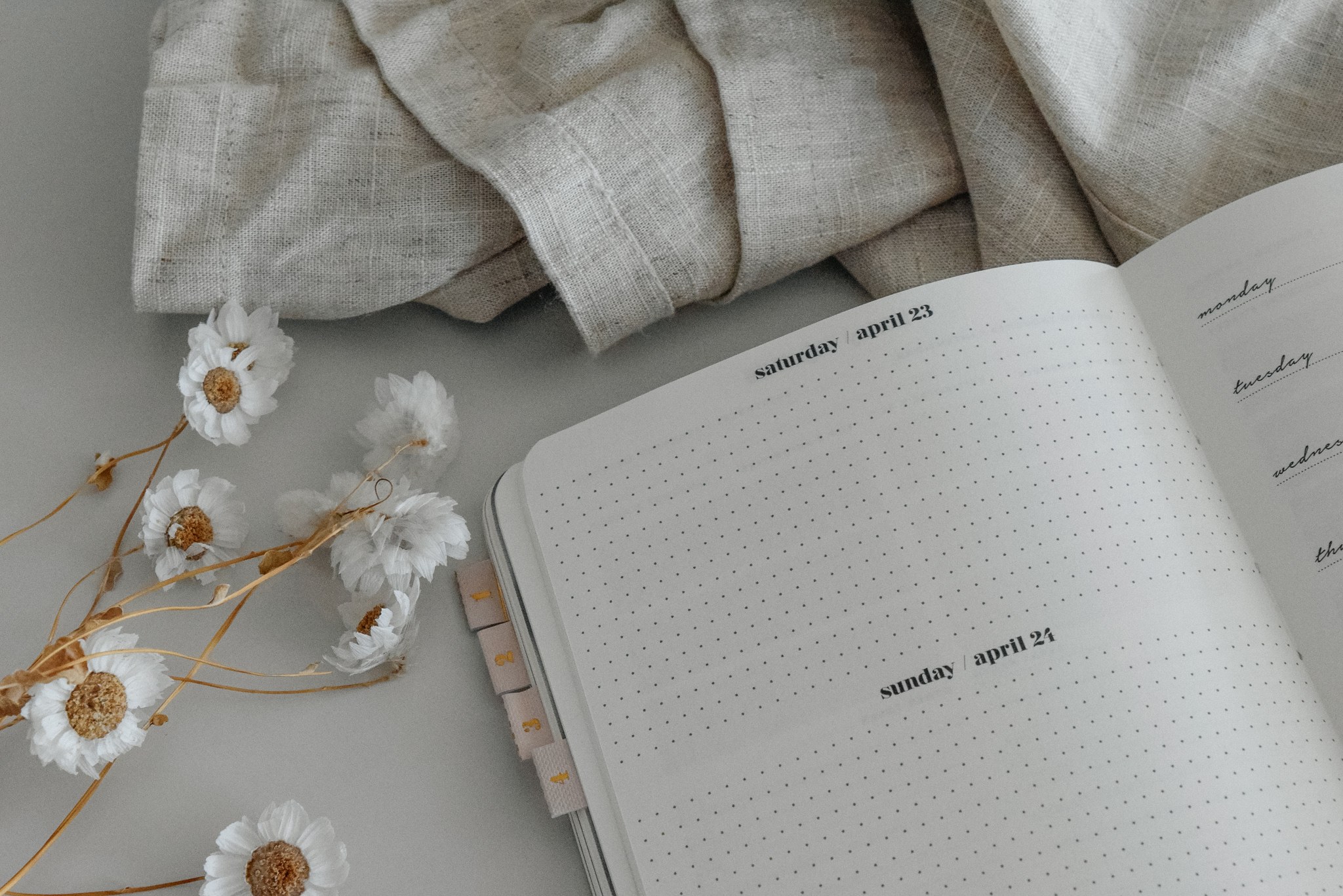I started journaling recently and aside from feeling like I’m the main character sitting in coffee shops journaling, it has been beneficial in other ways. One of the things that I’ve realized since I started journaling is how much personal growth I’ve experienced over the past couple of years. In my freshmen year of college I tried journaling but I feel like every entry I made would be me going over my daily to do list and most of my journal entries were me talking through work I had to get done or how I thought I had done it tests. I was so fixated with feeling like I was smart enough to be at Georgetown and wondering if I had put enough effort into my work that it consumed most of my thoughts.
I think part of a lot of that obsession with not feeling smart enough in my freshmen year was because it was a covid year and I never actually stepped foot on campus or had an in person class. I knew that there was this jump from high school to college in terms of workload and difficulty, but I didn’t really know how big that jump would be. It was really hard to gauge the difficulty of classes when I didn’t have them in person and when I couldn’t really connect to the other students in my classes. I’m a hard worker and I remember putting a ton of work into my classes, but I felt as though I was always trying to compare myself to the other students in my courses and thinking that there was no way I was as smart as them.
I remember taking my first economics course at college during that year and feeling this immense pressure because I wanted to be an economics major and therefore I had to do great in this class to prove I was good enough. I’m not sure if it’s like this at other schools, but our economics courses at Georgetown are graded on a curve, meaning that a certain number of students receive an A, a certain number receive an A-, and so on. So from the beginning, you’re constantly comparing yourself to the other students in the course and trying to tell yourself that you’re marginally smarter or studying a bit more than them so that you can be a part of that percentage that receives an A. I remember our first Zoom class and looking at everyone’s little video boxes on my screen, thinking that all these people seem like they totally know what they are doing. I remember getting our first problem set assigned and opening the file and feeling sheer panic looking at it, thinking, how could I possibly be smart enough to do this.
I think at one point I even started making back up plans in my brain, thinking about what other possible majors I could switch to if I didn’t do well in this course. The thing that I now recognize is that I was totally smart enough to do those problem sets and I worked hard and didn’t need to compare myself to others in that class. Yes, the course was difficult, but I was just as capable as everyone else in that course and I was at Georgetown for a reason. I ended up finishing that course with a really high grade and learning a lot not just about economics but also about myself and how I value myself and my skills.
It was around that year that I read Lean In by Sheryl Sandberg, in which she discusses imposter syndrome. That same year I was also taking a college course called Lives of Learning, and in that course we discussed topics like imposter syndrome in the educational experience. This was the first time I had really discussed these topics and had thought deeply about them; I realized that this was kind of how I had started to feel? For those who don’t know, imposter syndrome is a feeling of doubt in your skills and abilities – feeling like you are not smart enough to be in the room and that you will get exposed as a fraud for being there. In my first year of college I consistently doubted whether I was smart enough to be there and especially in that first economics course, I consistently felt like I would get exposed for not being as smart as everyone else, which a) was simply not true and b) was a ridiculous thought to have.
When I got to campus the next year, I knew deep down that I was smart enough to be there, I had finished my freshmen year courses off well, but it still didn’t stop me from feeling intimidated in the first week of classes. The first week of classes is stressful anyway with lots of new information and talks of midterms and grading schemes being pushed your way. I always feel as though I get overwhelmed in the first week but it seems like everyone else is calm and collected and unfazed by all of this new information – it often makes me think about if they’re all just much smarter than me? I’ve even switched out of classes in the first week because I felt as though I wasn’t smart enough to be there or wasn’t as intelligent as the other students in the course, which ended up not being true!
Over the summer I did a really cool internship and I also got the opportunity to talk to a lot of interesting and incredibly accomplished people. In one of my conversations with a mentor, he brought up the concept of imposter syndrome. We had been talking all summer about his work and areas that we both found interesting and as the internship drew to a close and I was getting ready to go back to college, he said something that really spoke to me. He told me that there will always be those people in my classes who look like they know what they’re doing and who can open their mouths and say things that sound impressive, but that I was an interesting person and I had experiences and thoughts that were valuable and made me unique. I feel like deep down I knew this, I knew that I put effort into work I do and talked about things that I’m actually passionate about instead of saying things just to sound impressive, but it was different to hear it coming from someone else.
Especially since coming to the US, I’ve found that there will always be those people who have the typical educational background, know the right people, and say impressive things, but that doesn’t mean that they are any smarter than you. The thing I’ve learned from two and a bit years of college so far is that I have qualities that are unique to me, and I’m sure everyone else does too. There’s no need to constantly compare myself to others and wonder if I am just as smart of smarter than them, because a) you can’t judge intelligence just from one class and b) you’re comparing yourself to one very specific type of person, and for what reason?
This year I’ve gone into classes, exams, and recruiting processes doing my best not to compare myself to others and remembering those qualities which make me unique, valuable, and prepared for whatever test or interview I’m going into. It’s something that has taken a lot of practice and conscious effort to put into action, but it’s a piece of advice I’d pass onto anyone currently experiencing imposter syndrome. And just remember, so many people experience imposter syndrome and feelings of self doubt all the time, if you are experiencing those, you are not alone!
See you next week,


[…] was the the idea of feeling enough and feeling like I am smart enough to be at Georgetown. I wrote a whole blog post about this last week so I won’t bore you with more of that this week, but it was also just another point […]